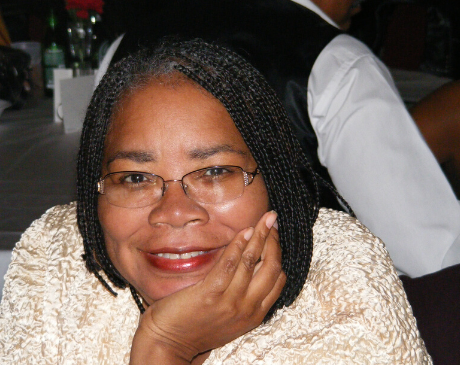Q & A: American Poetry
Q & A American Poetry: Angela Jackson

I am still living Waring Cuney's "No Images" from the Harlem Renaissance and OBAC's Wall of Respect from 1967.
Most Americans live in popular culture, and popular culture is where the innovations and intelligences of the African-American tradition are contained, sometimes given the respectful designation of "high" culture. Popular culture and its touchstones are where day-to-day memory is posited and reposited. As a poet I live in popular and high culture and all that lies above and between these. and in my work I "signify" on popular culture as in "Rock and Roll Monster: Downhome Blues Goes Hollywood" and "The Village Woman and the Swinging Guests (of Tarzan and Jane)"; in these illuminations and shadings I make "popular" culture more significant and authentic through the transformation of individual vision and voice: experience. I subvert popular culture as a poet and pose the moral and ethical questions that arise out of my whole Divinely and self-dignified life organically in conflict with popular culture's stereotypes and commercial symbols and myths. For example, I have always thought that I, Aunt Jemima and colored Christmas dolls were pretty, if not beautiful, and I know Aretha Franklin singing "Natural Woman" means more than the sale of shampoo. Time stands still in the poem, or is in what John Wydman calls "African Great Time" the eternal now in which we all live and not merely exist. Popular culture becomes "high." Language is re-vivified with intent and honesty, spiritual and emotive energy. In the poem popular culture is no longer a barrage assaulting and insinuating its way into our psyches but mediated by an ever-present and ever-living cultural tradition and individual experience and our personal and "national" integrity is affirmed.
Published 1999.


